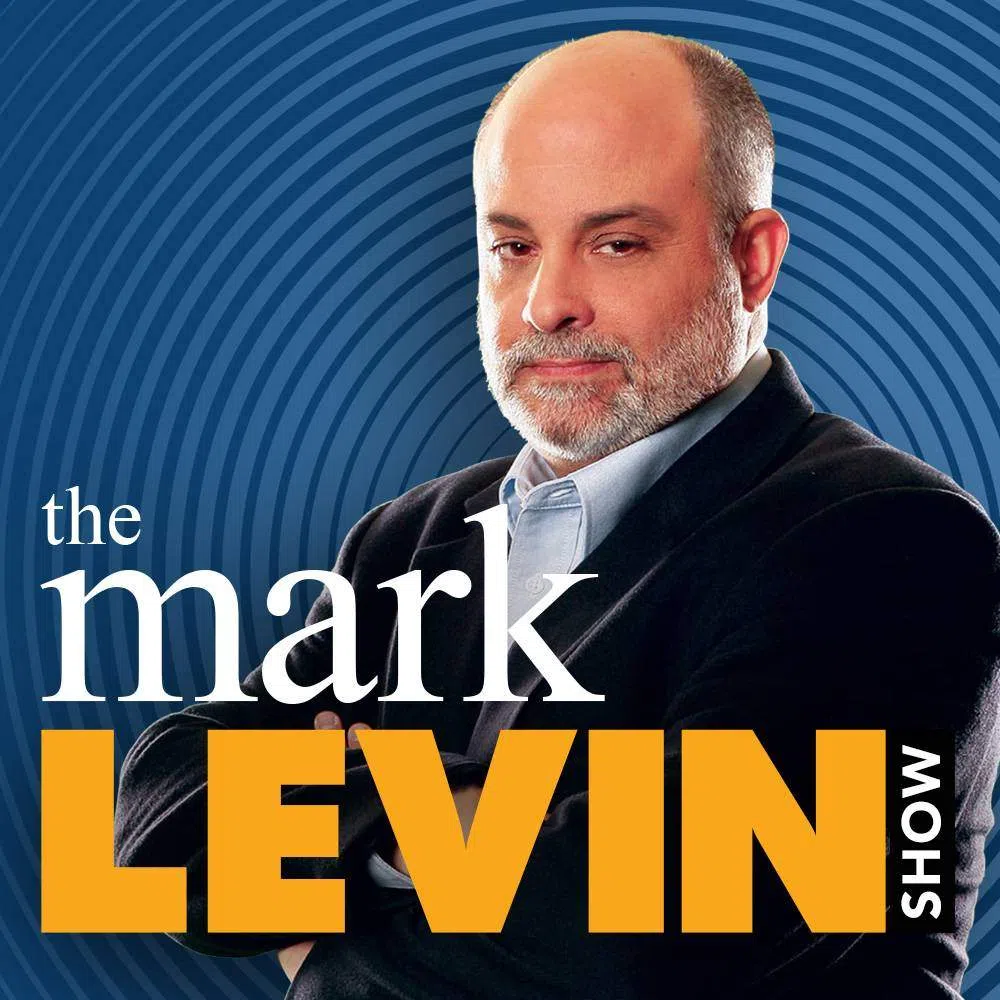Dissent is intensifying among Senate Democrats as House lawmakers and activist groups call for Senate Minority Leader Chuck Schumer, D-N.Y., to resign. They say he failed to maintain party unity in the wake of a deal with Republicans to end the government shutdown.
After eight members of the Democratic caucus voted in favor of a continuing resolution to fund large parts of the federal government, a measure viewed by critics as a capitulation that left key healthcare subsidies unresolved, pressure is mounting on Schumer to step down.
The deal drew sharp rebukes from fellow Democrats, who argue that the party leadership failed to defend its core priorities.
Schumer voted against advancing the stopgap funding measure but stands accused of allowing it by not preventing defections among his Senate colleagues.
Among his critics in his own party is Rep. Ro Khanna of California, who said: “He is not meeting the moment. He’s out of touch with where the party’s base is.”
Meanwhile, Rep. Delia Ramirez of Illinois said: “8 democrats caving to empty promises is an indefensible leadership failure. For the sake of our country, Schumer needs to resign,” she wrote on Facebook.
“Chuck Schumer has not met this moment, and Senate Democrats would be wise to move on from his leadership,” Rep. Mike Levin of California wrote in a post on X.
According to news outlets, progressive groups have also launched campaigns to unseat Schumer through primary challenges.
The funding measure, approved 60-40 in the Senate, extends government funding through Jan. 30 but does not include an extension of subsidies for the Affordable Care Act, which is the central demand of many Democrats.
Critics say that omission doomed the deal’s credibility among the party’s progressive wing and exposed weaknesses in Schumer’s leadership.
In defending his position, Schumer argued that a shutdown would have unleashed greater damage by leaving unilateral power in the hands of the executive branch and allowing sweeping federal cuts, according to Reuters.
But the internal backlash marks one of the most serious leadership crises faced by the Senate Democrats in recent years.
The implications extend beyond party infighting.
The fracture raises questions about the Democratic Party’s strategy in the era of President Donald Trump, including how aggressively to oppose Republican-led policies, how to keep the caucus unified, and how to safeguard key programs such as healthcare without succumbing to Washington fatigue.
Several Senate Democrats who supported the spending deal are not up for reelection in 2026, removing immediate electoral pressure yet highlighting a leadership disconnect with younger, energized segments of the party.
Whether the push to remove Schumer will gain enough support for a formal leadership vote remains unclear.
Under Senate Democratic caucus rules, a single member may propose changes to party conference rules and trigger a leadership vote.
Despite mounting criticism, Schumer remains in place, insisting he will not step down.
© 2025 Newsmax. All rights reserved.






